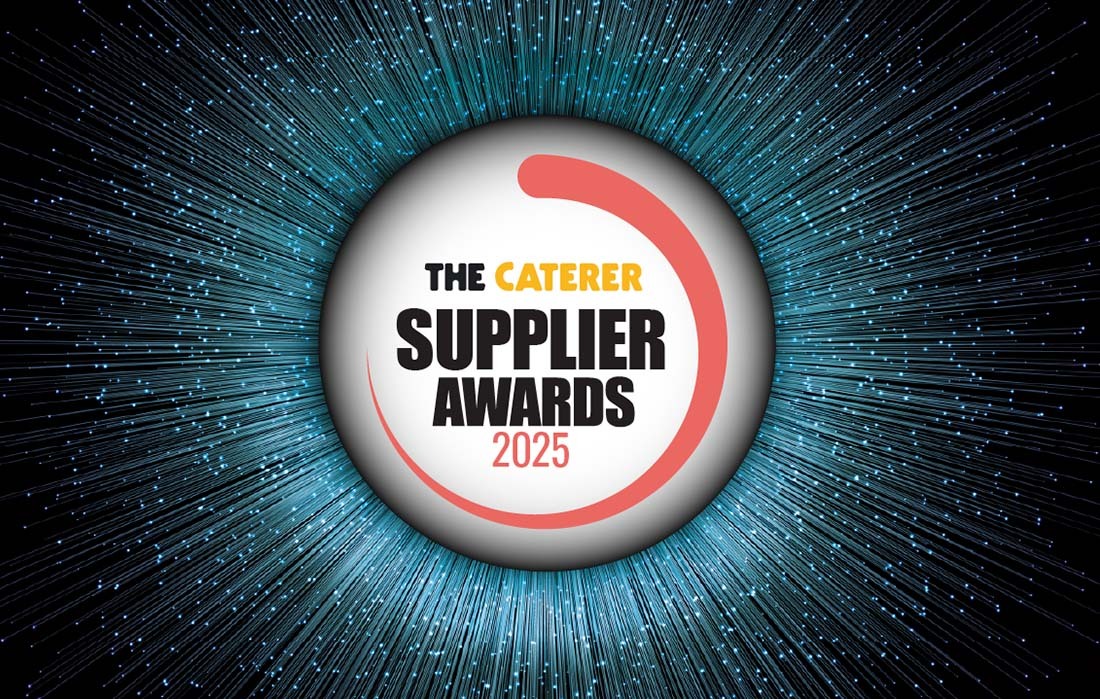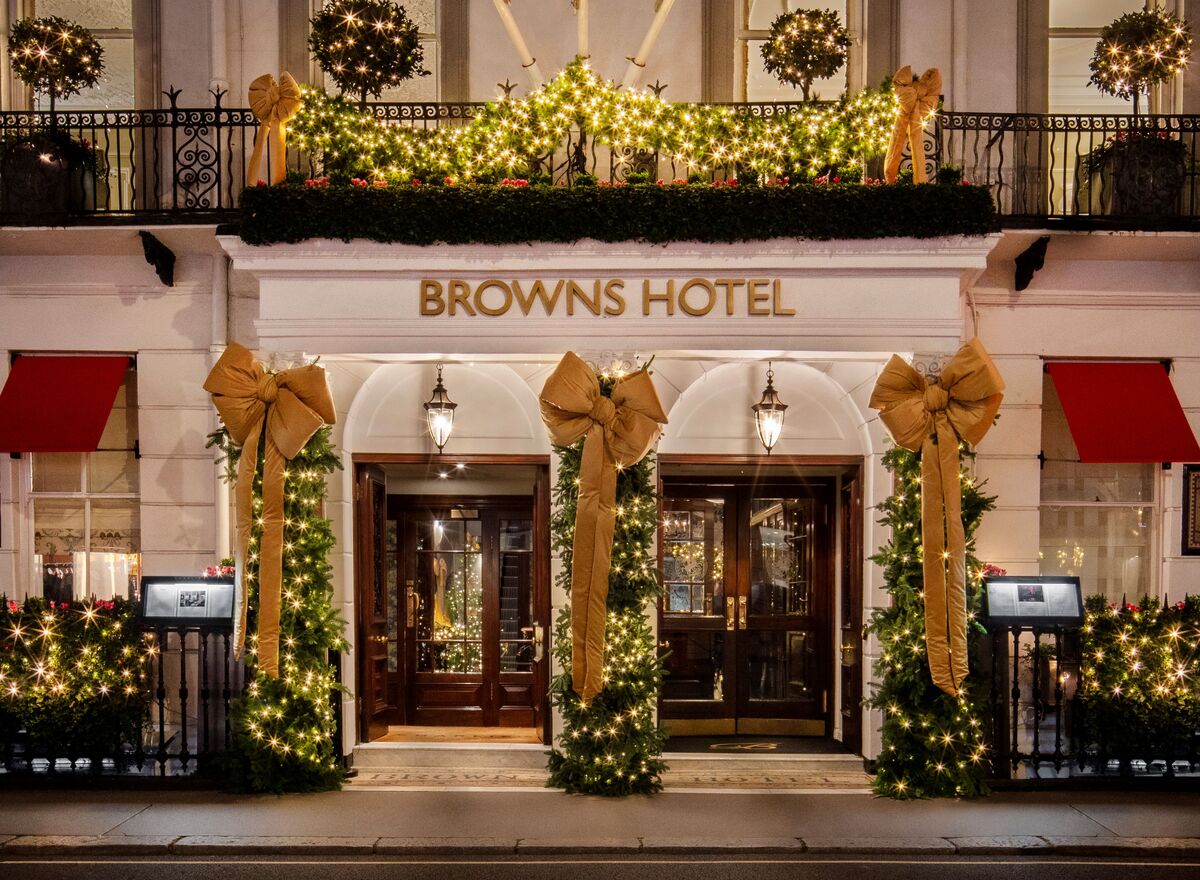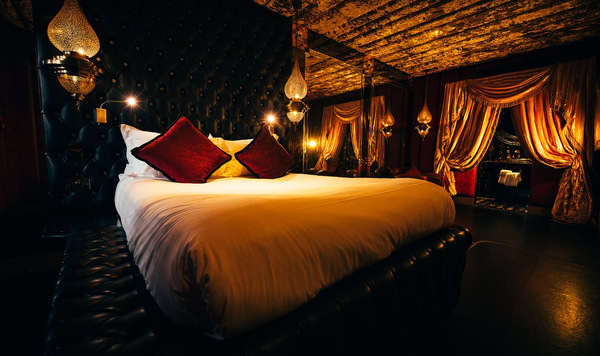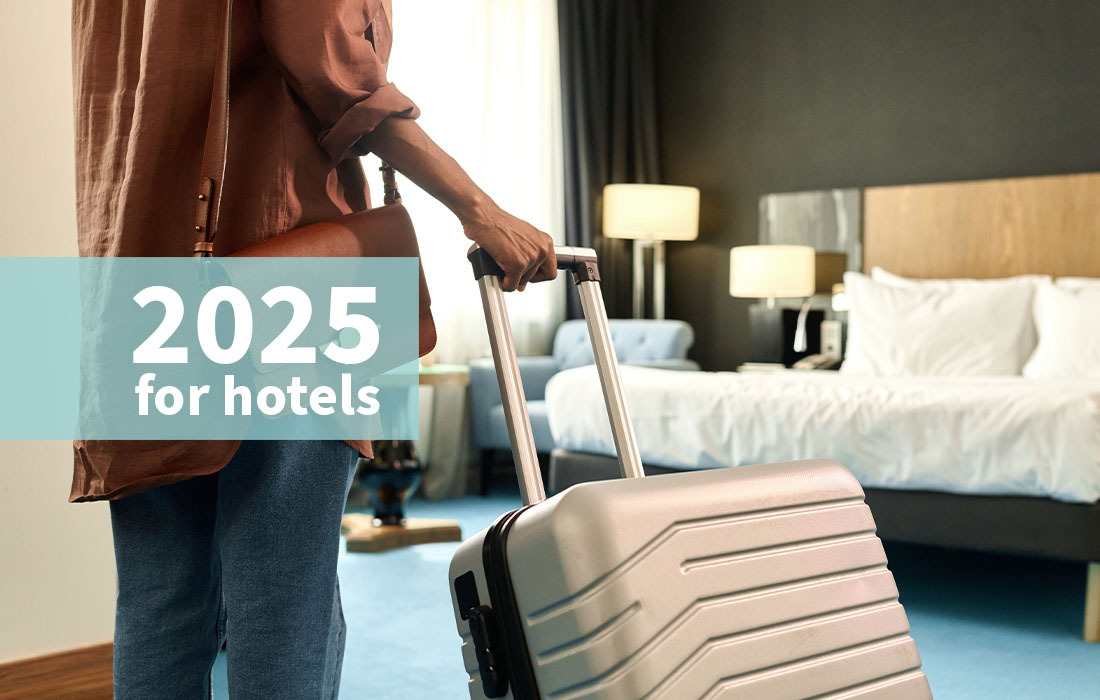Cool, calm and connected: the latest in-room technology
In-room technology should be so good guests don’t have to make an effort, with automatic check-in, mobile pairing and super-fast food ordering. Ben Walker looks at what’s on offer
You need to be a premium member to view this. Join our community for just £4.99 per month, or £54.99 for a full year.
Already a subscriber to The Caterer? Login below:


















